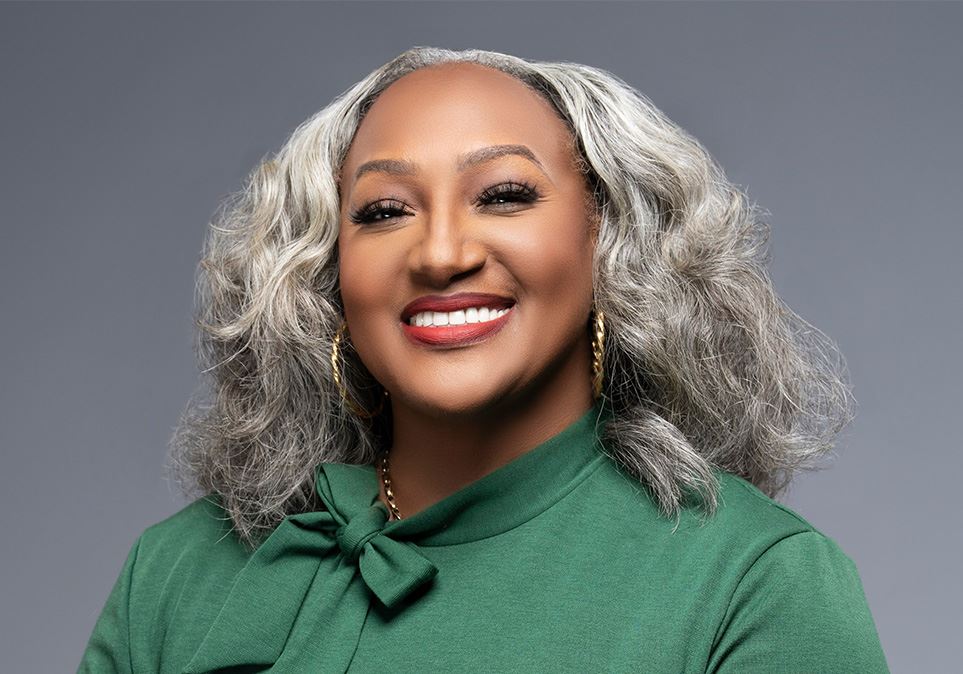
DeKalb County Divorce Lawyers
Seasoned Comprehensive & Seasoned Georgia Divorce Representation
Going through a divorce can be a painful experience fraught with emotions that can cloud rational thought. You may experience sadness, loss, anger, resentment, or fear when faced with this significant life transition and the changes it will bring. Your home, finances, assets, and parental rights may all feel threatened.
Protecting your family and your interests is crucial and can best be done with the help of a compassionate and assertive divorce lawyer. E.N. Banks-Ware Law Firm can help you better navigate the divorce process and plan for the next chapter in your life.
We are a premier family law practice serving clients in DeKalb County, Metro Atlanta, and throughout Georgia. Attorney Banks-Ware is highly experienced in handling contested divorces, divorce mediation, and collaborative law divorce. Whether your case is resolved outside of court through negotiation, mediation, or in a courtroom trial before a judge, we can provide the guidance and support you need at this critical time.
Request a confidential consultation with a Dekalb County divorce attorney at E.N. Banks-Ware Law Firm. Call (470) 523-3135 or reach us online for legal help today.
Grounds for Divorce in Georgia
Petitions for a Georgia divorce are based on fault or no-fault grounds. Georgia provides for several fault-based grounds, such as cruel and inhuman treatment, abandonment, imprisonment, and adultery. Divorces based on these must be proven in court, which generally involves a trial.
No-fault divorce, based on an irretrievable breakdown of the marriage, does not require litigation. This can make the process faster, less stressful, and less time-consuming. However, spouses must still agree on critical issues before a court can grant a no-fault divorce.
These key issues include marital property and debt division, child custody, visitation (parenting time), and child support. Those who wish to seek spousal support must also request it through the courts during the divorce process.

Marital Property Division
Marital property must be divided in a divorce according to Georgia’s equitable distribution rules. This property can include the family home, bank accounts, stocks, retirement accounts, businesses, other investments, and marital debts.
This does not mean the marital property will be divided evenly. Courts seek fair and reasonable determinations. If the parties cannot reach an agreement or do not have a prenuptial agreement, the court will intervene to decide the issue after evaluating many factors.
Spousal Support
Spousal support (alimony) is typically granted to a spouse in a long-term marriage (over 10 years). It is generally based on one spouse's needs and the other’s ability to pay.
Two types of support may be awarded:
- Temporary spousal support. This may be awarded while a divorce case is pending or for a short time after the divorce is finalized.
- Permanent spousal support. This is granted indefinitely until the receiving spouse can earn sufficient income, remarries, or the court modifies the support.
If the parties cannot reach a spouse support agreement, the court will decide. Court decisions are based on factors such as each spouse’s income, the length of the marriage, the age and health of the parties, the present future earning capacity of each party, and a spouse’s need for further education or training to earn a living.
Spousal support is not guaranteed. The term “permanent support” is misleading since it is common for courts to grant support payments for a specific number of years. Moreover, in a fault-based divorce, such as in cases of proven adultery, the unfaithful spouse may be barred from receiving support.
Child Custody
Conflicts over child custody are common in divorce proceedings. Before a divorce is granted, spouses must agree to a parenting plan approved by the court.
The two types of custody involved include:
- Legal: Parents have a right to make legal decisions concerning essential issues for their children, such as education, medical care, religious upbringing, and extracurricular activities.
- Physical: Physical custody determines which parent the child will live with, while the other parent usually has visitation rights.
Child Support
Child support is based on an income-shares model. This means that the combined income of both parents and the number of children involved are considered.
The court relies heavily on a child support obligation table that considers income from all sources, including salary, bonuses, commissions, income from self-employment, rental income, severance pay, income from annuities, capital gains, unemployment compensation, and Social Security income.
Other factors included in this determination include the cost of childcare, the payment of medical, dental, and vision insurance premiums, medical expenses, educational expenses, and the cost of extracurricular activities.

Our Commitment to Your Family
What Sets E.N. Banks-Ware Law Firm Apart?
-
Integrity and TrustWe prioritize integrity and trust in all our interactions, fostering a transparent and honest relationship with our clients to help them navigate their legal challenges confidently.
-
Personalized SolutionsEvery family is unique, and so are their legal needs. We provide personalized legal solutions tailored to fit the specific circumstances of your case.
-
Expert AdvocacyWith extensive experience in family law, we offer expert advocacy to protect your rights and interests, ensuring the best possible outcomes for you and your family.
-
Compassionate SupportWe understand that family legal matters can be emotionally challenging. Our team is dedicated to providing compassionate support and guidance every step of the way.
Do’s & Don’ts in Divorce
Get The Right Kind Of Support
Professionals, friends, and family can provide invaluable help during difficult times, but know when to lean on them. For objective, professional support, a counselor can offer a perspective you may not get from family and friends. However, your family and friends can provide comfort and “anytime support” that a therapist can’t give you.
Listen To Your Lawyer
When you need legal advice, consult an attorney. Your friends, family, and coworkers cannot be substitutes for a family law professional. While these people mean well, they do not have legal experience and knowledge.
Consider Your Financial Needs
In many cases, money is a critical part of a divorce. If possible, get an accurate picture of your finances before the divorce. Depending on your circumstances, you may consider cutting back on unnecessary expenses and saving money, especially if you are leaving a one-income household and/or are not currently working.

